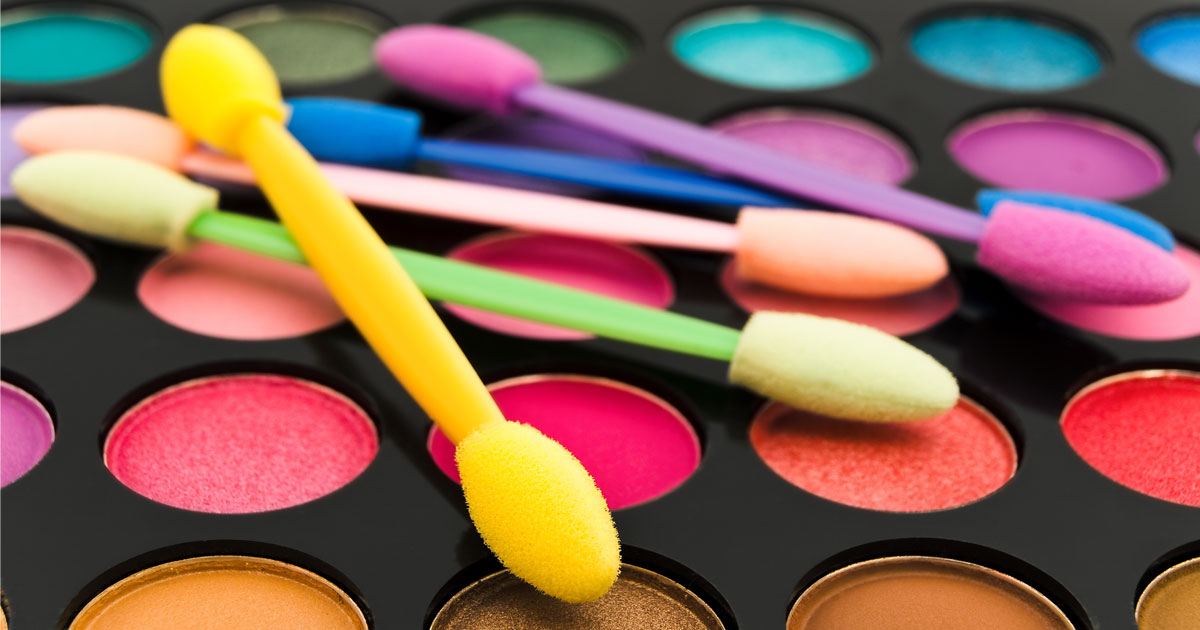
Although asbestos has been outlawed in many products, like tiles and insulation, it is still legal to produce the substance in over 100 companies. Asbestos is still prevalent in many everyday products despite the hazardous claims. This is usually surprising to many people, since it is commonly believed that asbestos has already been banned. A ban is in place, but it only applies to limited products.
In a recent case, a person contracted mesothelioma from cleaning and repairing hair dryers over the past few decades. As a hairdresser for many years, he may have been working with hair dryers that were produced several years ago. This shows asbestos-related illnesses can continue to thrive, even after manufacturers ban the substance, due to people unknowingly keeping unsafe products.
Asbestos is commonly seen in the media because of the recalls and lawsuits associated with the substance. One of the most well-known and recent cases involved Johnson & Johnson. The company had to make a settlement after a woman claimed that using the baby powder for years caused her to contract ovarian cancer. While the company denied the presence of asbestos in the powder, the federal Food and Drug Administration (FDA) did find asbestos in a recent batch of the powder. The company has paid out nearly $4.7 billion in settlements of lawsuits alleging harm from asbestos in Johnson & Johnson products.
Claire’s, a company that is geared toward products for young girls and teens, recalled many makeup products in the belief that some were contaminated with asbestos. Yet, the recall did not occur until many months after consumers and the government raised concerns about the products. Justice, another store that caters to girls and teens, also recalled about seven products after a media investigation also revealed asbestos in their cosmetics.
Many products that were manufactured years ago may still cause a risk to adults and children in home and school environments. These products can still be in circulation regardless of recent bans. In addition, people who may have been exposed to certain items in the 1960s, 1970s, or 1980s may be at risk for developing mesothelioma or other cancers. Some of those risky products include beer, since beer was filtered with asbestos prior to the 1980s; ironing boards; lab equipment; ashtrays; imitation snow decorations; and brake pads. Asbestos was thought to reduce the risk of fire or the decomposition of products.
Asbestos exposure is a serious issue that can lead to mesothelioma and other types of cancers. Thousands of cases of asbestos illnesses, including mesothelioma, are reported each year. If you or someone you know was exposed to asbestos, our Philadelphia asbestos attorneys at Brookman, Rosenberg, Brown & Sandler will protect your rights. Call us at 215-569-4000 or contact us online for a free consultation about your current situation. Located in Philadelphia, we represent clients throughout New Jersey and Pennsylvania, including Delaware County, Chester County, and Philadelphia County.